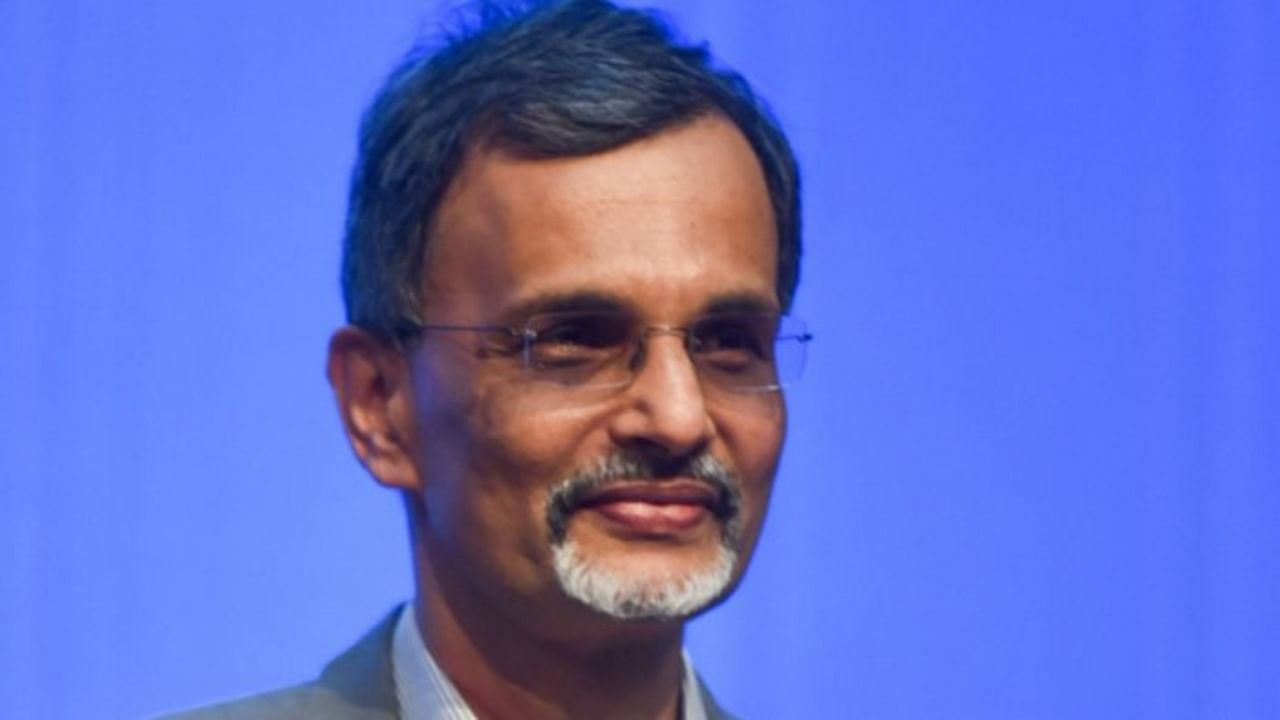
Issues around energy security are among the biggest worries in sustaining high economic growth that India witnessed in the last two years, Chief Economic Adviser V Anantha Nageswaran said on Thursday.
“If there is a single-most important worry in my mind for sustaining the growth rate that we are being able to achieve in the last two to three years, it is energy security,” Nageswaran said at an event organised by the Confederation of Indian Industry (CII).
India’s gross domestic product (GDP) expanded by 9.1 per cent in 2021-22, largely due to a low base. The economy is estimated to grow at around 7 per cent in the financial year ended March 2023.
CEA Nageswaran pointed out how India’s energy security came under a lot of pressure due to the geopolitical developments in Europe arising from the Russia-Ukraine conflict.
He said fossil fuels like coal and gas would continue to play an important role in India’s economic expansion in the coming years. “We cannot completely swear off fossil fuels,” he said.
However, Nageswaran underlined that India is well ahead of its target to balance the proportion of fossil and non-fossil fuels in its energy mix.
Urging the financial industry not to avoid funding fossil fuel-based power generation projects, Nageswaran said it would put the country’s economic growth in jeopardy.
“If we place economic growth in jeopardy, then the generation of fiscal and private sector resources will also be in jeopardy and therefore our ability to provide the right kind of financing for dealing with climate change will also be in question,” he added.
Nageswaran said there are signs of private sector investment cycle unfolding. “We do see signs of corporate sector beginning to make investments. There are some new investment announcements," he said.
When asked about the Reserve Bank of India’s policy rate action, Nageswaran said, "I have always said in my last 16 months in this job that I don't comment on (Indian) monetary policy in public. So I am not going to change that stance."
However, he expressed hope that the US Federal Reserve is unlikely to hike policy rates further.
The central banks of India and the US are scheduled to review monetary policy next month. The RBI’s monetary policy committee meeting is scheduled from June 6-8 while the US Federal Open Market Committee’s meeting is scheduled from June 13-14.
In April, the RBI left the key policy rates unchanged after six hikes in a row.